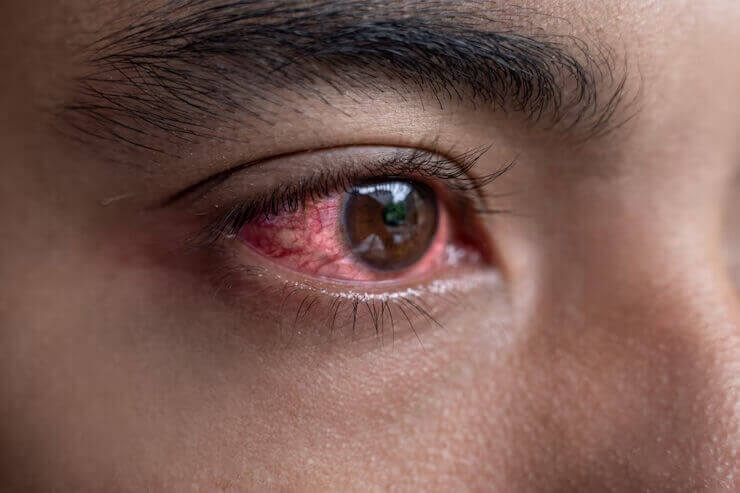How Do I Get Sunscreen Out of My Eyes?
Gentle Eye Cleaning
Before you dive into your day at the beach or a sunny hike, make sure to clear away any excess sunscreen from around your eyes. This simple step can prevent a lot of discomfort later. When tidying up, be gentle and careful not to rub the sunscreen into your eyes, which could lead to irritation.
Soothing Rinse Techniques
If sunscreen does sneak into your eyes, don’t worry — there's a straightforward fix. Rinsing your eyes with clean water can help wash away the sting. There are a few ways to do this safely: use a clean syringe to gently squirt water into your eye, cup water in your hands and lower your eye into it, or let lukewarm water from a faucet flow over your open eye. It might feel uncomfortable at first, but this sensation should ease as the sunscreen is flushed out.
Comfort with Cold Compress
After flushing out your eyes, a cold compress can be your best friend. It helps to calm the inflammation and provide relief. To protect your eyes even further, keep them hydrated with artificial tears that are free from preservatives — this helps to ensure no additional irritants bother your eyes while they recover.
Monitoring Recovery
Your eyes are resilient, and the irritation usually eases within a couple of days. However, if the irritation persists or if your symptoms don't improve, it’s wise to get in touch with your eye care professional. An in-depth eye exam will help ensure that your eyes remain healthy and clear of any issues.
Remember, your vision is invaluable, and taking these careful steps can ensure that your eyes are protected, even when sunscreen tries to get in the way. If you ever have any concerns about eye discomfort or eye health, our clinic is here to provide you with comprehensive eye care tailored to your needs.














